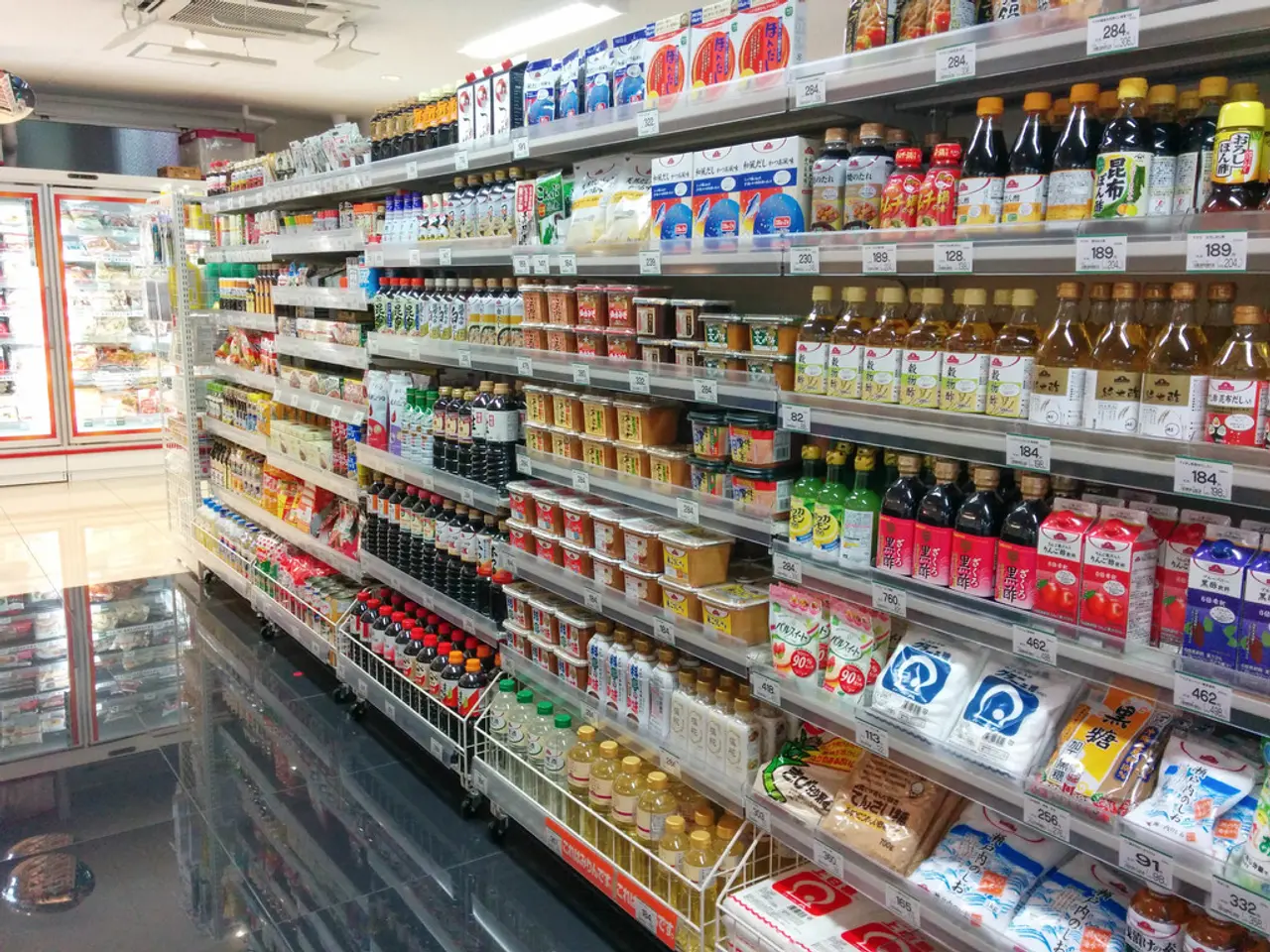tariffs advocacy: AmCham advocates for persistent communication between Taipei and Washington
In a recent development, the American Chamber of Commerce in Taiwan (AmCham) has expressed concern over a 20% tariff on Taiwanese goods announced by the US. The tariff, initially proposed at 32%, has been reduced to 20%, but it still poses a significant challenge for exporters and importers alike.
According to data from the Ministry of Economic Affairs, the most vulnerable industries to this tariff increase are machine tools, plastics, electronic materials, molds, and hand tools. These sectors are heavily dependent on Taiwanese imports, notably electronics, semiconductors, and precision machinery. The tariff increase could lead to increased production costs and consumer prices, potentially dampening demand.
For small and medium-sized enterprises (SMEs) relying on Taiwanese materials and components, this tariff increase could reduce profit margins or force them to raise prices. This scenario mirrors impacts seen in other sectors affected by recent US tariffs, which have led to price increases and slowed growth.
AmCham chairman Dan Silver has called for both governments to maintain close communication to prevent prolonged disruptions. He emphasised the need for predictability and a stable environment for businesses to operate. The AmCham president, Carl Wegner, emphasised the importance of transparency and partnership in the trade relationship between the US and Taiwan.
Taiwan is still negotiating with the US to lower the 20% tariff, according to President William Lai. He stated that 20% was not his administration's ultimate goal in negotiations. Lai believes that the "provisional" rate could be lowered once both sides reach an agreement.
AmCham, which represents over 580 international companies operating in Taiwan, will continue to monitor the evolving trade landscape. They will likely continue to urge both governments to avoid prolonged disruptions and maintain close communication. The strength of the trade relationship, according to AmCham, lies not just in market access, but in the shared commitment to innovation.
In response to the US announcing a 20% tariff on Taiwanese goods, AmCham issued a statement on Friday, expressing concern over the potential impact on investment and production decisions, particularly for SMEs. They also emphasised their support for government-industry engagement and their willingness to assist their members in navigating this challenging trade environment.
As the negotiation continues, it is crucial for both governments to consider the potential impact on SMEs and vital industries in their discussions. The tariff could affect investment and production decisions, potentially leading to reduced competitiveness, lower investment, and potential layoffs or closures in these sectors reliant on Taiwanese imports.
In conclusion, the 20% tariff on Taiwanese goods risks raising costs and squeezing margins for US SMEs in industries such as electronics, semiconductors, and manufacturing. SMEs in these vulnerable industries need to prepare for supply chain adaptations or cost pass-through challenges. The trade disputes between the US and Taiwan are a pressing issue that requires careful consideration and collaboration to ensure a stable and prosperous trade environment for all parties involved.
- The potential impact of the 20% tariff on Taiwanese goods, as stated by AmCham, extends beyond merely raising costs and squeezing margins for US SMEs; it could also affect investment and production decisions in industries such as finance, politics, and general-news due to the interconnected nature of global economies and supply chains.
- The decision to impose a 20% tariff on Taiwanese goods by the US is not just a business matter for importers and exporters but also has significant political and financial implications, as it could potentially lead to slower growth, reduced competitiveness, and even employment changes in key sectors such as business and finance.




